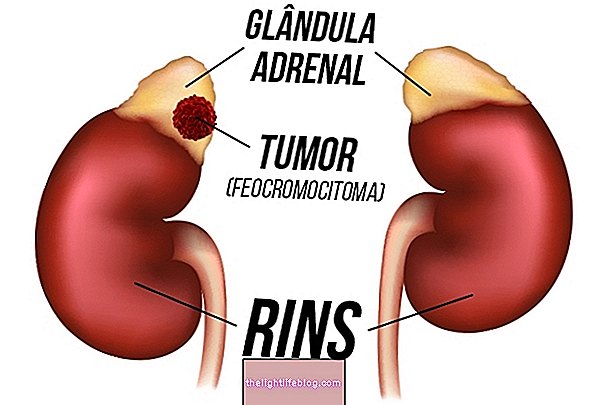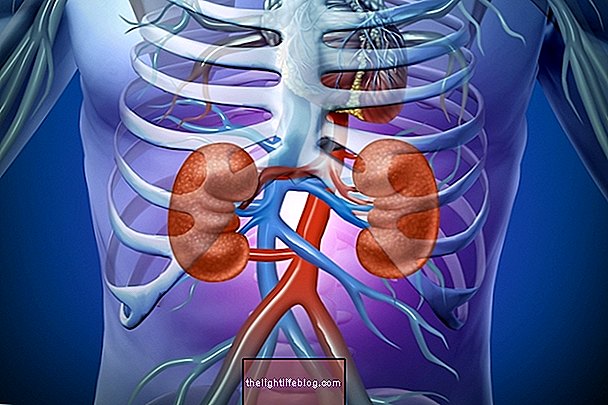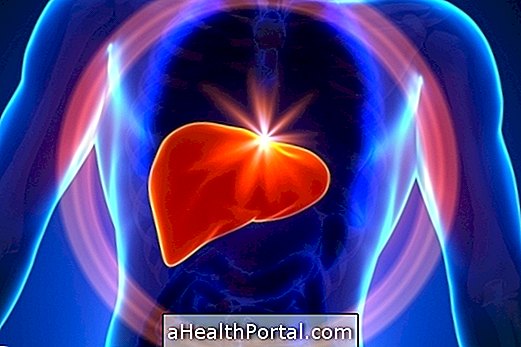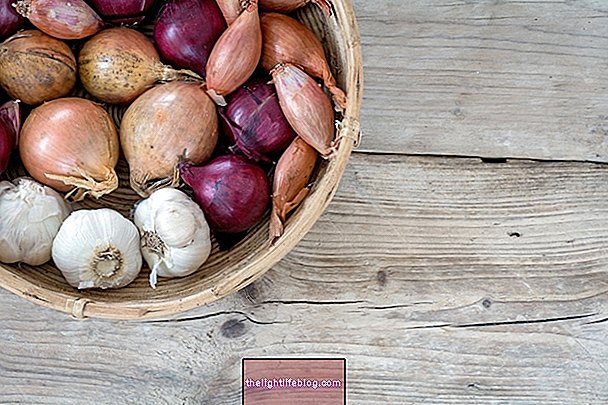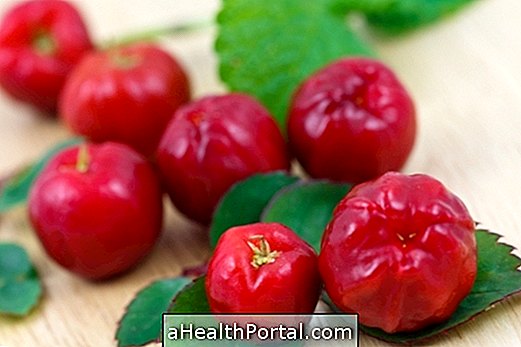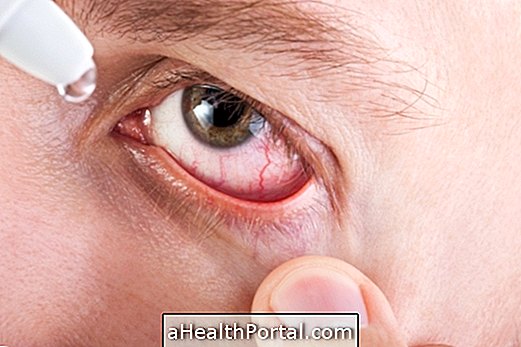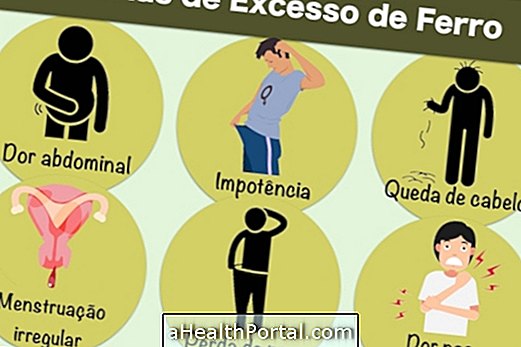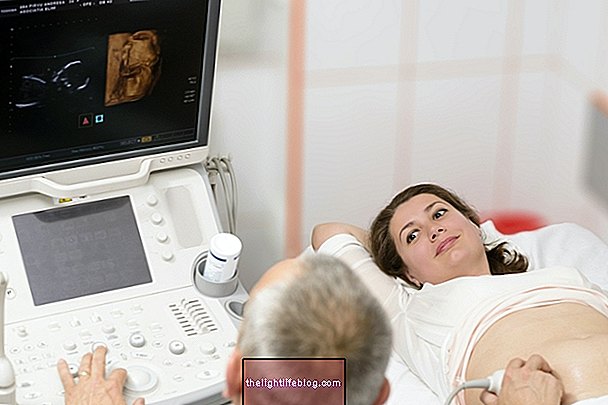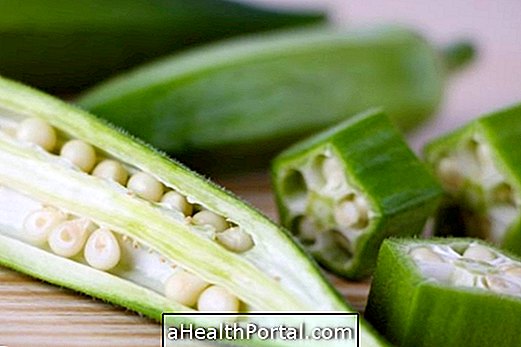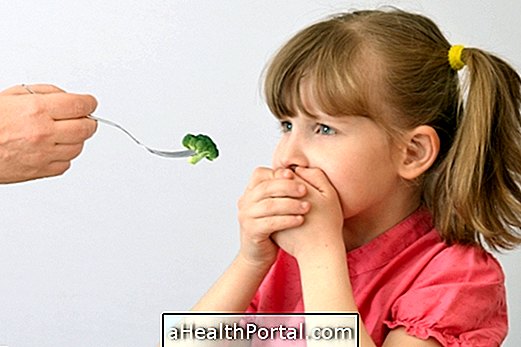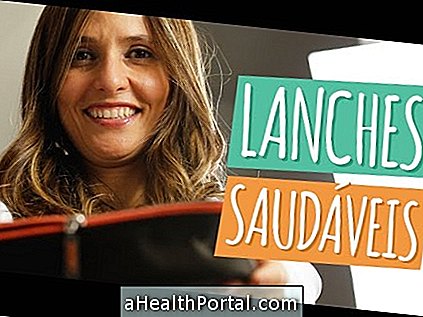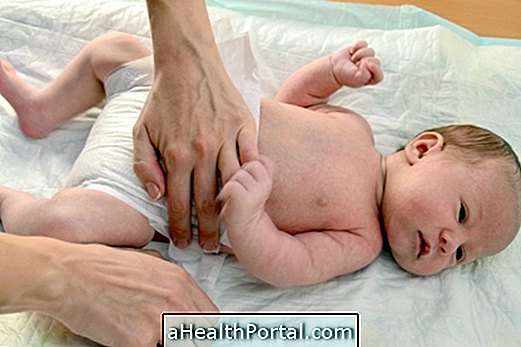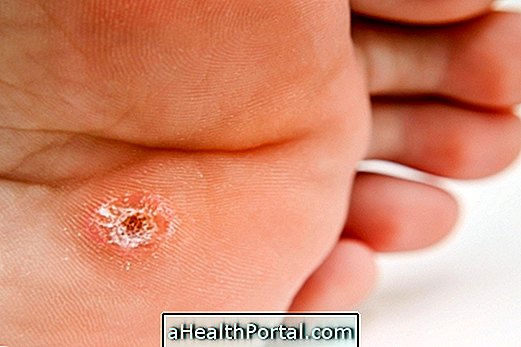Treatment for Parkinson's disease, or Parkinson's disease, includes the use of medications prescribed by a neurologist or geriatrician such as Levodopa, Pramipexole, and Seleginine, for example, that help decrease symptoms by increasing dopamine and other neurotransmitters in the brain, which are reduced in people with this disease.
In cases where there is no improvement with the use of these medications, it is also possible to perform a surgical procedure, called deep brain stimulation, which may regress some symptoms, and decrease the required dose of the medications. In addition, the practice of physical therapy, occupational therapy and physical activity is also important to help improve strength and balance, enhancing autonomy.
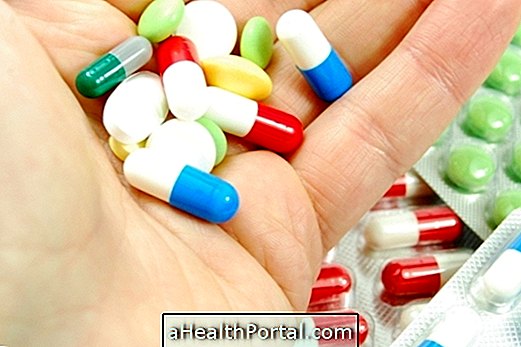
Most commonly used remedies
After the diagnosis of the disease, the doctor will prescribe the daily use of medicines, accessible by SUS or private pharmacies, such as:
| Action | Examples of the drug |
| Levodopa | Prolopa, Sinemet, Madopar |
| Anticholinergics | Akineton (Biperidene) Gentin (Benzathropine) Artrane (Triexifenhydril) Kemadrin (Procyclidine) |
| Amantadine | Keep |
| Monoamine Oxidase B Inhibitors | Niar, Deprilan (Seleginine) |
| Catechol-O-methyl transferase inhibitors |
Tasmar (Tolcapona) Comtan (Entacapone) |
| Dopaminergic agonists | Permax (Pergolide) Parlodel (Bromocriptine) Mirapex (Pramipexole) Requip (Ropinirol) Apokyl (Apomodorphine Hydrochloride) |
Generally the most commonly used drug is Levodopa, however, the doctor will decide which combinations to indicate, depending on the general state of health, the stage of the disease, the time of day that the symptoms intensify, and the side effects of the medications.
In addition, to treat other conditions such as depression, restlessness and insomnia, common in this disease, your doctor may prescribe other types of medications, such as antidepressants, antipsychotics and anxiolytics.
Cannabis Sativa, a drug made from the cannabis plant, acts on the brain and can treat some cases of hallucinations and sleep disorders in Parkinson's disease, as well as being useful for other psychiatric diseases. all cases of the disease.
Physiotherapy and other therapies
Physiotherapeutic treatment can be started as soon as the diagnosis is confirmed and is a good way to help stimulate the person's movement and quality of life because it improves the strength, coordination and amplitude of the movements, reducing the natural imbalance of the disease and preventing contractures and falls. The sessions can be daily or at least 2 times a week. Know some goals and treatments of physical therapy against Parkinson's disease.
Other important ways to stimulate the person with Parkinson's disease are speech therapy, to improve vocal ability, hoarseness and swallowing ability, as well as occupational therapy and physical activity, as they help to stimulate independence, ability to perform daily activities, and self-care.
A nutritionist may indicate how to adjust the diet in order to facilitate feeding and combat common symptoms such as heartburn, constipation and lack of appetite. Thus, in more advanced cases, it is recommended to choose foods that are easy to swallow and that reduce the risk of choking, such as thick soups, blender shakes, fruit vitamins, mashed potatoes and broths, and the meat must already be cut or shredded in the dish to facilitate chewing.
When to undergo surgery
The surgical procedure for treating Parkinson's is deep brain stimulation performed in cases in which there is no improvement with the use of medications or when they no longer have an effect.
This technique involves placing a small electrode in the region of the brain affected by the disease, and helps to decrease or regress some symptoms, improving the quality of life of the person. Learn more about indications and how deep brain stimulation is done.

Natural Treatment Option for Parkinson's
Natural treatment is not a substitute for drug therapy and may be used as a supplement to help relieve some of the symptoms of Parkinson's.
Thus, it is possible to invest in foods rich in vitamin E, consuming vegetable oils and fruits like avocado, as well as vegetables and fruits, as they contain neuroprotective antioxidant properties. Tea leaf passion fruit is a good way to calm and relax the person with Parkinson's in times of anxiety and restlessness.
While acupuncture is a form of alternative treatment that can help alleviate symptoms of body pain, stiffness and some symptoms related to sadness and depression.
Also check out some homemade passion fruit recipes to help you sleep better and calm down.
